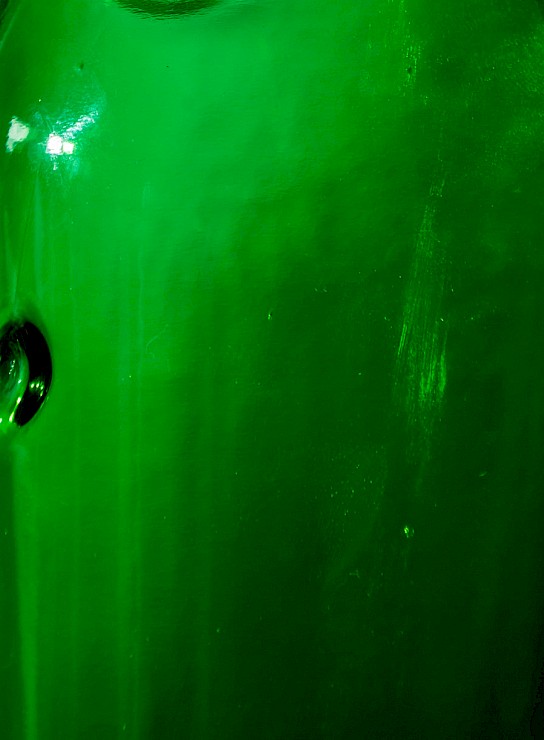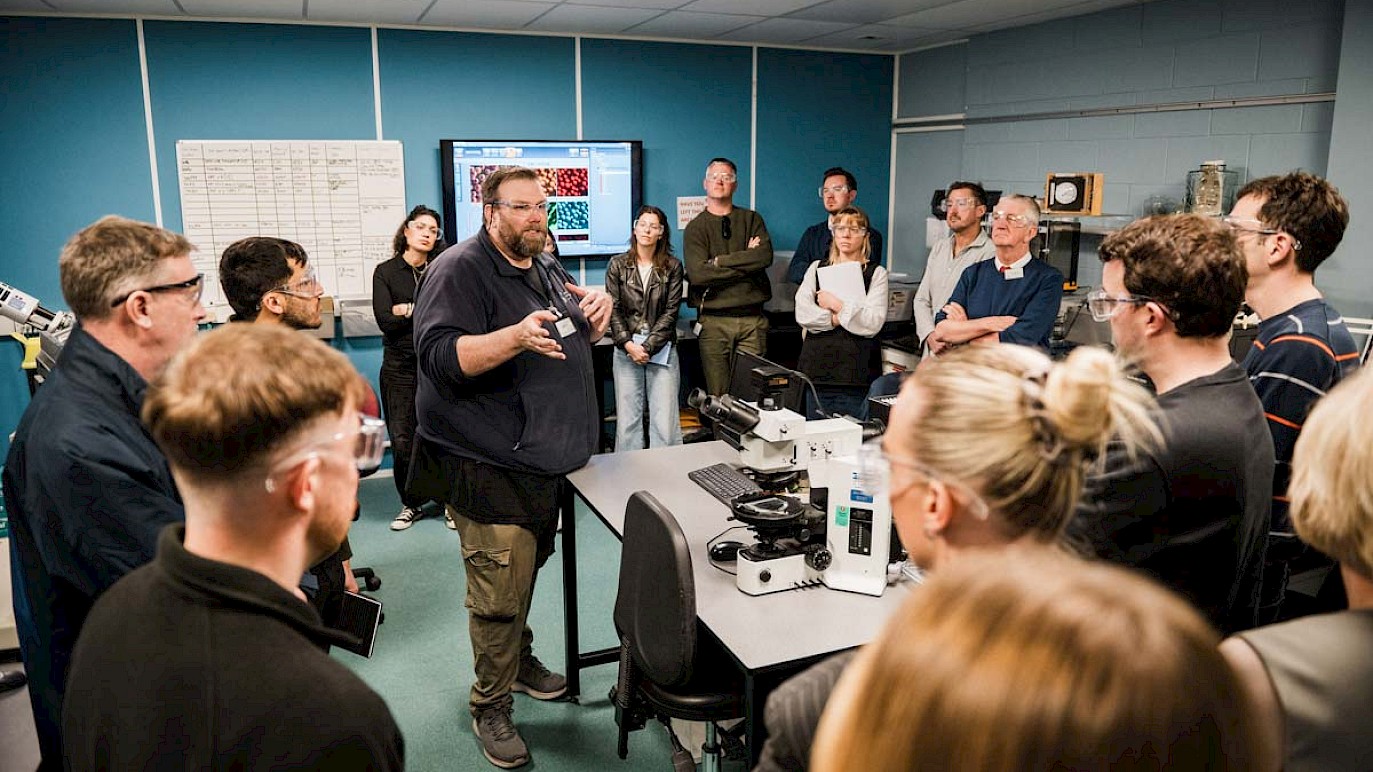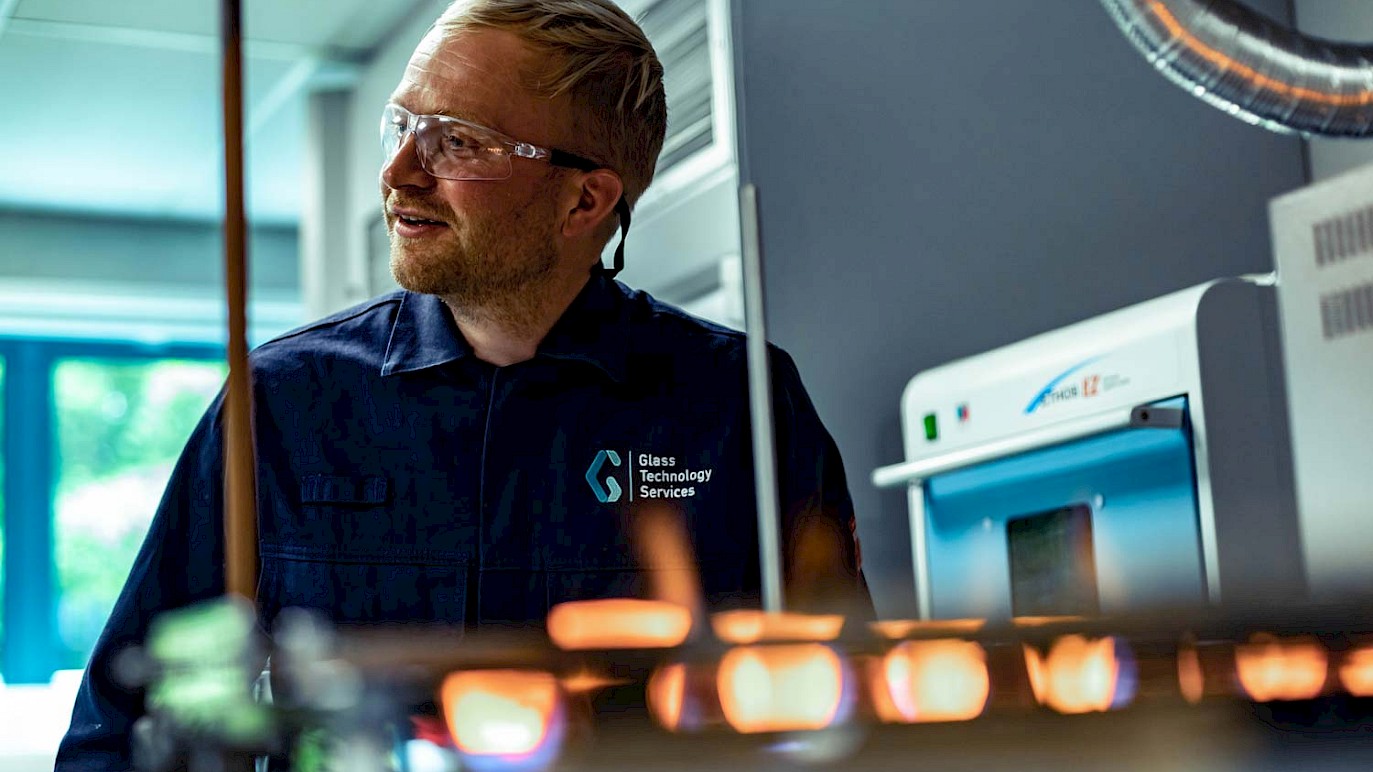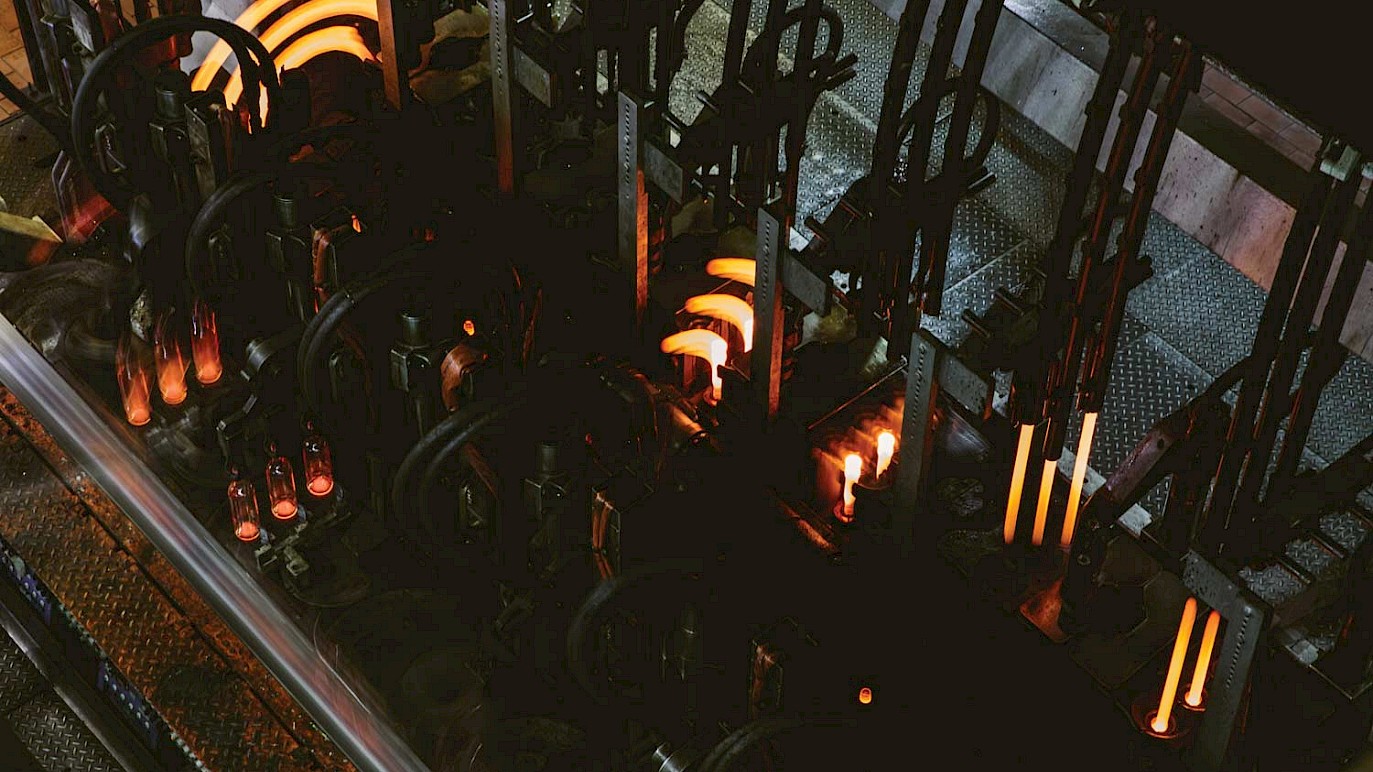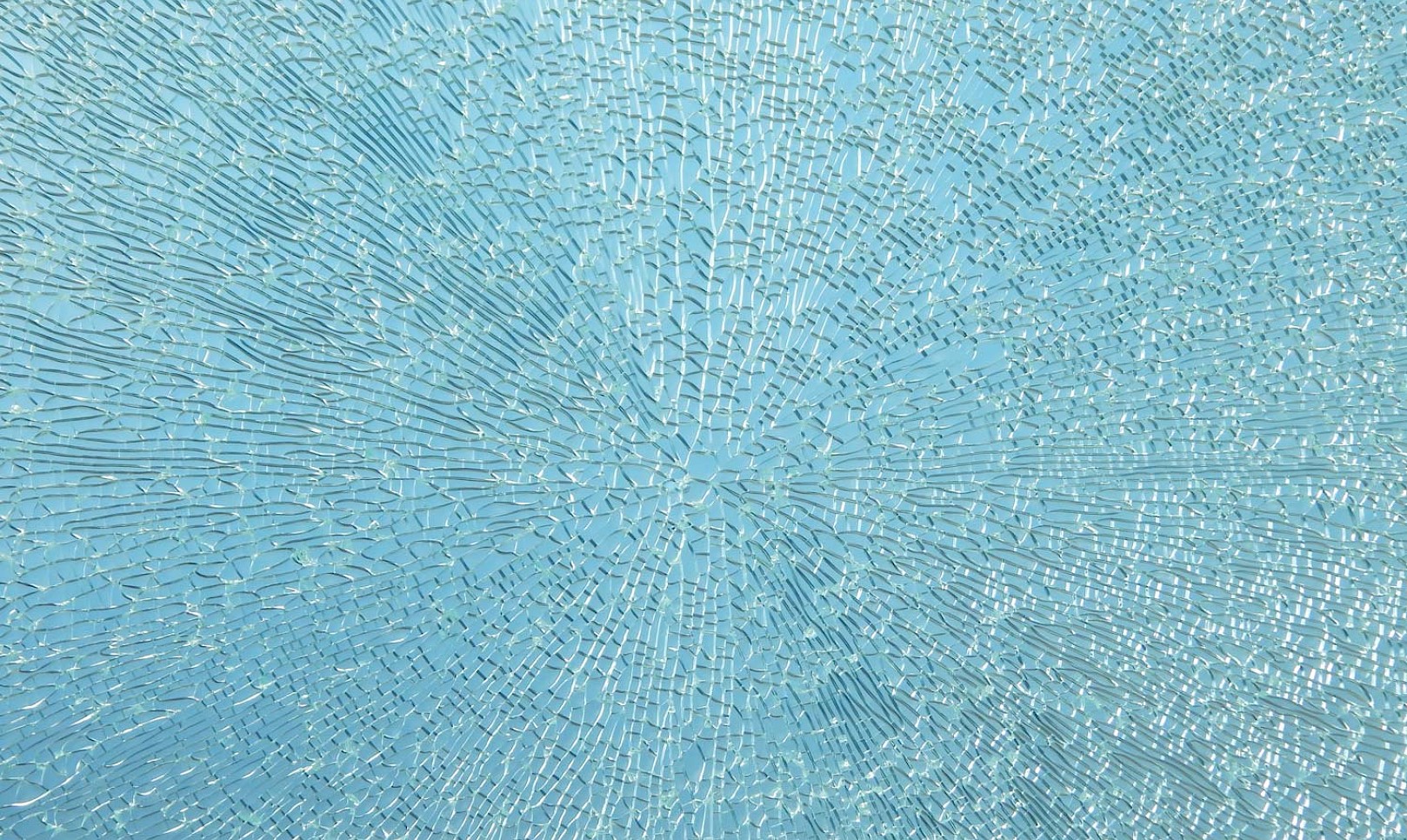
Nickel sulphide is a material that can form in glass as an inclusion. This can lead to problems and even total failure of the glass within its expected lifetime. That’s why we’ve put together this comprehensive guide to answer any questions you might have.
What is a nickel sulphide inclusion?
Nickel sulphide is an impurity that can be generated during the glass-making process. This is called nickel sulphide inclusion. Many different types of inclusions in glass have been identified (too many to go through in this article).
This type of defect can be a significant problem in architectural glazing and other glass forms because it can cause toughened glass to spontaneously shatter. This can take weeks, months, or even years to happen, so it’s hard to know if the glass has been affected by these inclusions.
Nickel sulphide inclusion and glass breakage
Unfortunately, there’s no way to completely remove the risk of nickel sulphide inclusion in glass. The breakage occurs when the size of the nickel sulphide in the glass changes due to a phase change. This is typically a problem in toughened glass as the inclusion may be present in the core of the glass. However, you can reduce the risk of spontaneous breakage by a process called heat soaking.
Heat Soaking
The heat soak process is a stress test to determine if the already heat-toughened glass has a possibility of nickel sulphide inclusion. It does this by heating the glass to 290 degrees celsius for two hours to try and force any panel of glass which may have a nickel sulphide impurity to shatter. The glass will not go soft at this temperature, but the nickel sulphide – if present – will be allowed to return to its low-temperature state. This is what would cause the glass to shatter. However, this test is not 100% effective, and the remaining glass that “passed” the test is only marked as having a lower chance of nickel sulphide inclusion, not that it’s completely nickel sulphide free.
It’s important to note that heat soaking the glass increases the lead time and cost of the glass, but it will reduce the risk of spontaneous breakage.
Can all types of glass be affected?
No matter the glass, it can have the potential to contain nickel sulphide. How the glass is treated is what makes the difference in whether the glass could spontaneously shatter or not. For example, all panels of thermally toughened glass – also known as tempered glass – can be affected by nickel sulphide inclusions. Annealed glass rarely suffers from spontaneous breakages as there is significantly less stored force within the glass.
How to detect a nickel sulphide inclusion breakage
As mentioned above, nickel sulphide usually cannot be seen by the naked eye. However, if a glass pane is shattered by a nickel sulphide inclusion, a butterfly pattern will be left behind. This is where the glass has fractured from one singular point, and the glass has shattered outwards leaving behind an effect that is often compared to a butterfly wing formation. Still, you can only be certain nickel sulphide is the cause of the breakage after the glass has been analysed, and this can be made tricky if the glass is shattered into pieces on the floor.
Nickel sulphide breakages and the warranty
Although NiS inclusion breakages are rare, they are an unavoidable anomaly. This means that no glass manufacturer offers a warranty against this glass inclusion defect. In fact, nickel sulphide inclusion is simply referred to as a phenomenon rather than a defect.
How Glass Technology Services can help
If you think you’ve had a glass breakage due to NiS inclusion, our services can help. We provide glass failure analysis to diagnose the breakage and the true cause of the glass failure. This can help you to identify if your glass is suffering from nickel sulphide inclusions and put steps in place to reduce the risk of this happening again. We also offer a plethora of other glass services that can help you and your business become more sustainable and successful.
If you think we might be able to help you out or you’ve simply got a question, contact us today and we will be happy to assist.
Free webinar: Glass defects – sources and solutions
Get access to the webinar